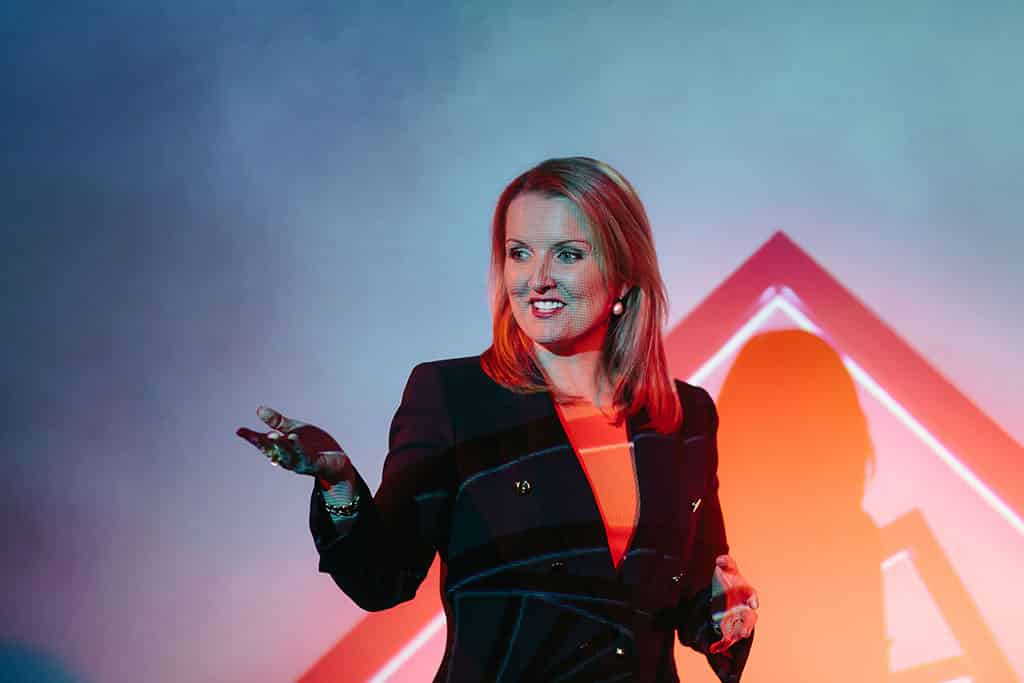The rules of the game of work have changed. Do you know how to still play the game?

The rules of work have changed and to stay in the game you need to know how to adapt to them and, at times, break them. In the past, the rules of the game were fixed. They were set by big organisations and bureaucracies. Now there is a democratisation of the workforce that enables you to have much more freedom and choice about how and when you work. The gig economy and the transition to an automated and fully flexible workforce are here!
And yet we are still encouraged to think of our career in a linear fashion: we enter the workforce and explore a few roles, then midway through our career we land something that will keep us happy until we retire.
Become the leader of your career
Careers these days are fluid, organic and adaptive, which means they need a degree of reinvention.
Gone is the notion of one organization, and one role or function for life. Gone is the notion that someone will plan your career for you, and you can sit back and just let it happen. The person you most need to rely on for career success is YOU. You must become the leader of your own destiny, your own career.
Salim Ismail, the author of Exponential Organisations and an expert in helping organisations leverage technology and strategy to grow faster, suggests, ‘Today, if you’re not disrupting yourself, someone else is; your fate is to be either the disrupter or the disrupted. There is no middle ground.’
Whilst his comments were directed towards organisations, it equally applies to your career.
Now more than ever you need to be comfortable designing and orchestrating your own career path.
Ditch the ‘should do’
Being ready to embrace the future means you need to step beyond what’s familiar and comfortable.
This is often an internal debate between what you ‘could’ do and what you ‘should’ do. The ‘could’ being something that is unexpected, challenging, risky or slightly left of centre. While the ‘should’ being the job that people expect you to do, or the job that your beliefs limit you too.
Breaking away from the ‘should’ do means you have to walk away from the expectations of others and shift your expectations of yourself. It starts with ditching any unhelpful internal dialogue you say to yourself about your career that may be holding you back or hindering you.
Ask yourself:
- What are the rules (both written and unwritten) I’ve been told about my career and career change?
- Which of those have held me back?
- Which ones have propelled me forward?
- Which ones are no longer relevant?
- Which rules am I prepared to ditch?
- Are there new rules I need to create to help me leap into a new career and stay professionally relevant?
Focus on relationships and EQ
According to the McKinsey Global Institute Report (2017), people in caring, technology or knowledge roles will be the least impacted by artificial intelligence and automation, while technicians, processors and people doing predictable physical work will be most impacted.
The predictable, routine and process elements of your role will eventually be fully automated. However, what can’t be automated is the relational skills you bring and the emotional support you provide to the people you work with. It’s critical therefore to see the acquisition of deep self-understanding and emotional intelligence as important as the technical skills you use in your work.
Stay invested in your career
Set aside time each year to critically examine your career – where you are now, where you want to be and what you need to do to get there. Look at your identified goals and consider how much progress you have made. This will help you determine what steps you should take next, and what elements of your plan may need to alter to accommodate changes in your profession.
As part of this step be clear on the value you offer and keep it current. Everyone brings certain skills and ways of operating to the work they do. It’s essential to be able to articulate that value and explain how you help an organisation or client achieve their objectives.
However, what’s valued changes over time, and so you need to keep your value offering current by continuing to learn new skills and competencies. As one of the world’s greatest artists, Michaelangelo, said: “The greatest danger for most of us is not that our aim is too high and we miss it, but that our aim is too low and we reach it.”
Written by: Michelle Gibbings is a change leadership and career expert and founder of Change Meridian. Michelle is an opinion columnist for the CEOWORLD magazine.
Have you read?
# The World’s Most Powerful Militaries In 2018.
# The World’s Most (And Least) Expensive Cities For Taxis, 2018.
# Is Your Business Organizationally Ready to Hire People with Disabilities by Nadine O. Vogel.
# Ranked: Countries With The Most Billionaires, 2019.
# Amazing Snow Fall Settings During Winter in the World.
Bring the best of the CEOWORLD magazine's global journalism to audiences in the United States and around the world. - Add CEOWORLD magazine to your Google News feed.
Follow CEOWORLD magazine headlines on: Google News, LinkedIn, Twitter, and Facebook.
Copyright 2025 The CEOWORLD magazine. All rights reserved. This material (and any extract from it) must not be copied, redistributed or placed on any website, without CEOWORLD magazine' prior written consent. For media queries, please contact: info@ceoworld.biz








